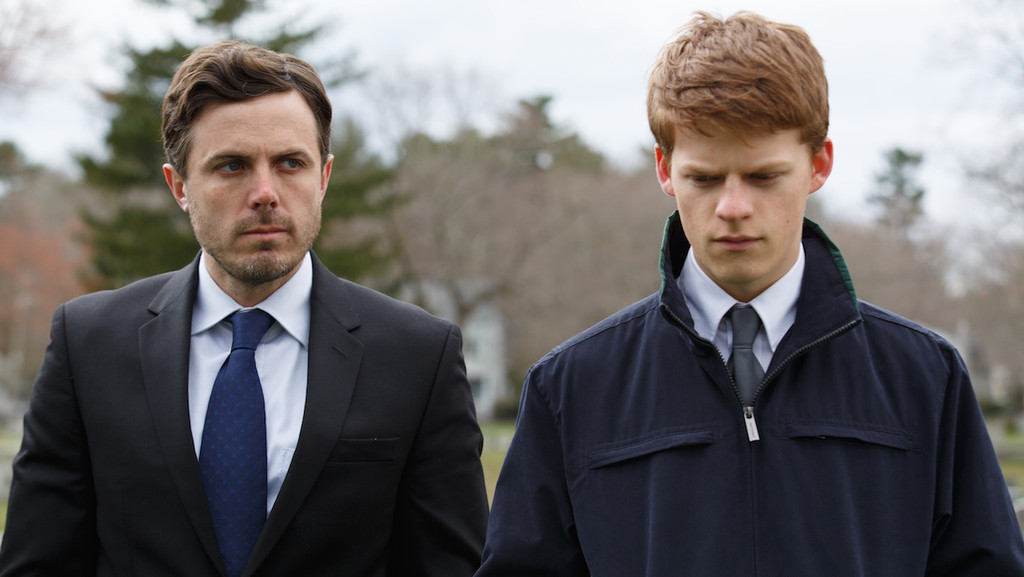
An original screenplay doesn’t adhere to the rules of adaptation, which often lends the subsequent original film more novelty than the latest production of a New York Times bestseller.
In the 21st century, countless innovative screenwriters have taken real life or a really great idea and set the foundation for refreshing genuine cinema. They’ve missed a few, but an excess of inventive scripts have been honored by the Academy Awards with at least a nomination. But without delay, here are the 17 winners for Best Original Screenplay so far this century ranked from worst to best.
17. Crash

Racism: The Movie would have been a more fitting title. Somehow edging out masterful screenplays like Good Night, and Good Luck and The Squid and the Whale, Crash was foolishly rewarded many times over for all of its blunt, cliché-ridden storytelling choices.
Even ignoring the painful obviousness of its themes, Crash’s greatest detriment is in its fractured narrative that, as is often the case with this unwise screenwriting choice, reduces the impact of any individual thread of the story because each fragment is buried by the rest. Only the subplot involving Michael Pena’s character actually carries any sense of emotional weight in its brief focus.
So completely removed from subtlety and severely hackneyed in it unfocused narrative, Crash’s Academy Award wins it will go down as one of the Oscar’s biggest regrets of the 21st century. It has virtually nothing to offer the problems of racial discrimination in the modern era.
16. Birdman
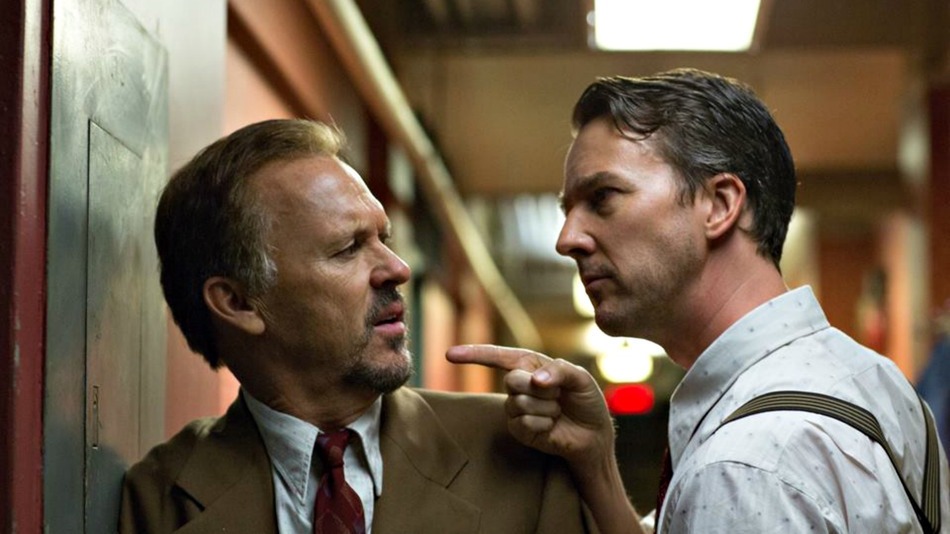
Though it has a solid premise, Emmanuel Lubezki’s magic touch and a few good characters to its credit, Birdman’s script is hindered throughout by how badly it smacks of smug self-importance. It had little right to have beaten the likes of Boyhood, Nightcrawler and The Grand Budapest Hotel for Best Original Screenplay, let alone the grand prize.
Ineptly trying to comment on our social media obsessed times, fame, art reflecting life and life reflecting art and so on, Birdman doesn’t really have any acumen that it doesn’t spell out for you plainly. Practically every attempt at intellectualism is undercut by the film’s sickening semi-self-awareness that assumes its prestige and significance through Lubezki’s daring execution of the film’s seamless take gimmick.
Michael Keaton’s meta-personality non-character, name-dropping twitter and the generic ambiguous ending are but a few touches that Iñárritu’s script – composed by a total of four writers – gets wrong. As words only, there is no unexpected virtue of ignorance.
15. The King’s Speech
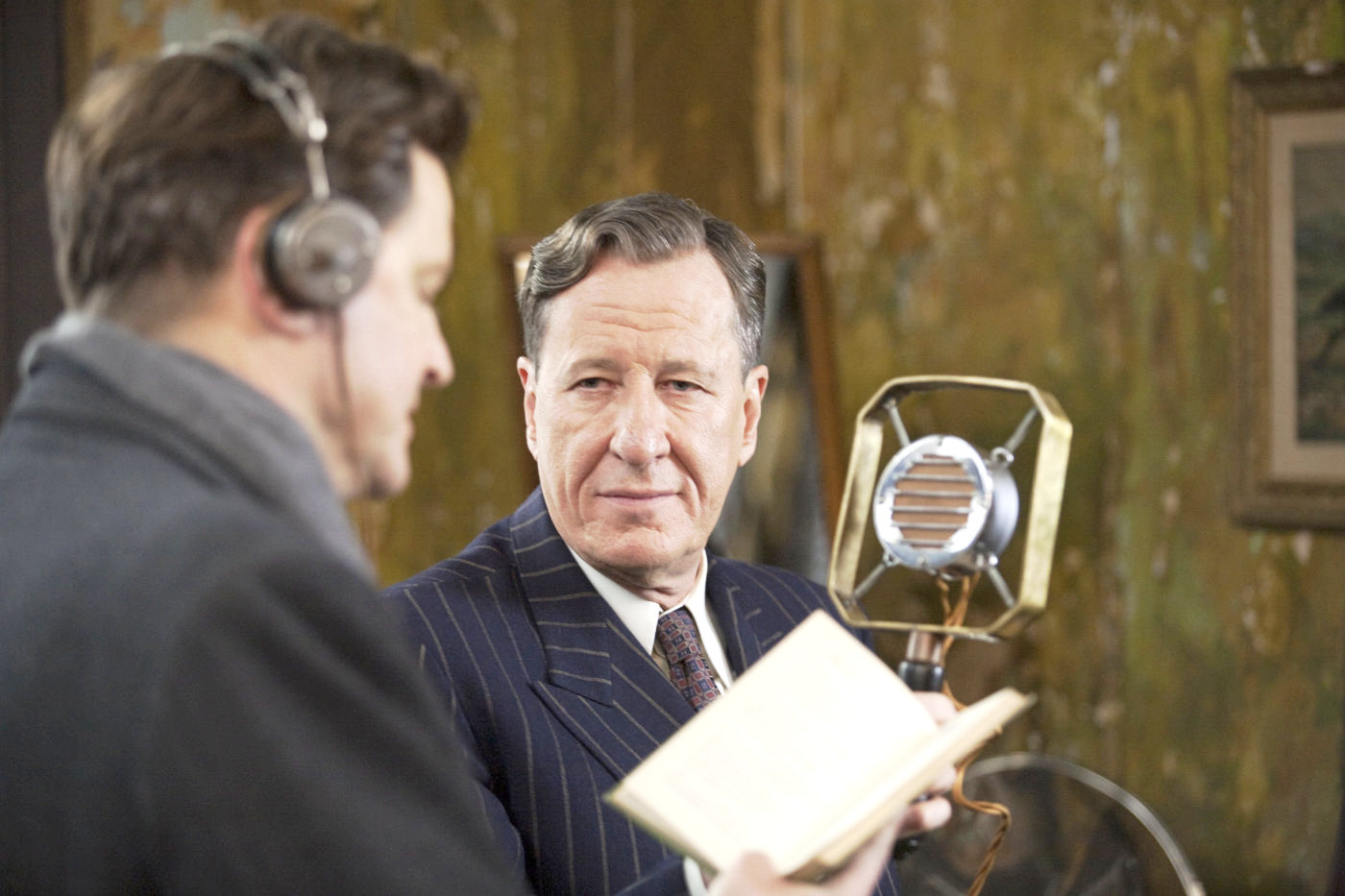
Branded and sealed as 100% pure Oscar bait, The King’s Speech followed an easy path to awards season dominance one would assume from its arrangement of Academy turn-ons. But while it’ll age pretty feebly, the dialogue of Tom Hooper’s adequate film is probably its strongest asset.
Christopher Nolan undoubtedly deserved the award for Inception over this Hollywood-streamlined, inspirational period piece, but, in all fairness, the screenplay is lean and earns the regality and humanity it tries to get across. Its saccharine true story falls too closely to the ideal Oscar magnet, but in its own context the dialogue is tidy and amusing, and its predictability can at least be placed on a higher shelf of sophistication.
14. Little Miss Sunshine
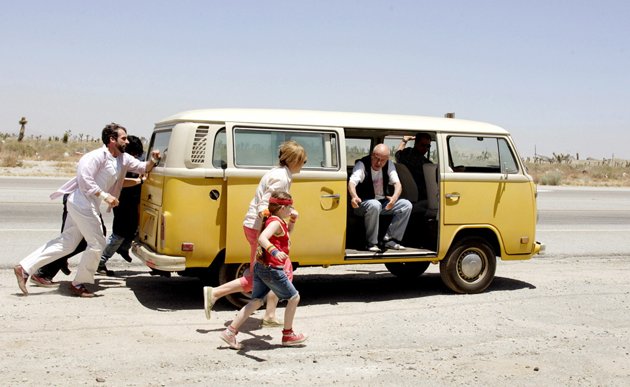
Both childishly sweet and modestly mature, Little Miss Sunshine is bright, bitter and quaint film that works as both indie comedy and dysfunctional family drama. The film skates by on quirk too often to make it one for the history books, but the husband and wife directorial team of Jonathan Dayton and Valerie Faris craft memorable characters within a throwback road trip film.
Like the cousin to the average Wes Anderson film, Little Miss Sunshine is elevated largely due to its stacked cast. But even amongst the spare, orchestrate charm Little Miss Sunshine has a few points to make about notions of success and beauty, and its light satire of pageantry and the average family unit is reasonably resonant.
13. Spotlight

No doubt a triumph of form, execution and purpose, Spotlight still does not earn points for being exceptionally well written. However the film remains about as tactful as the journalists it commends.
But with no great moralizing or more than simple points to make here, the story becomes more than a tad self-defeating. As can happen with any Awards season fare of the based on a true story type, the history itself is more important than the film is or could be.
Spotlight is a strong film with an urgent script and agenda, but I wish compact films ripped from blooming imaginations like Ex Machina and Inside Out could’ve received some well-deserved recognition instead.
12. Milk
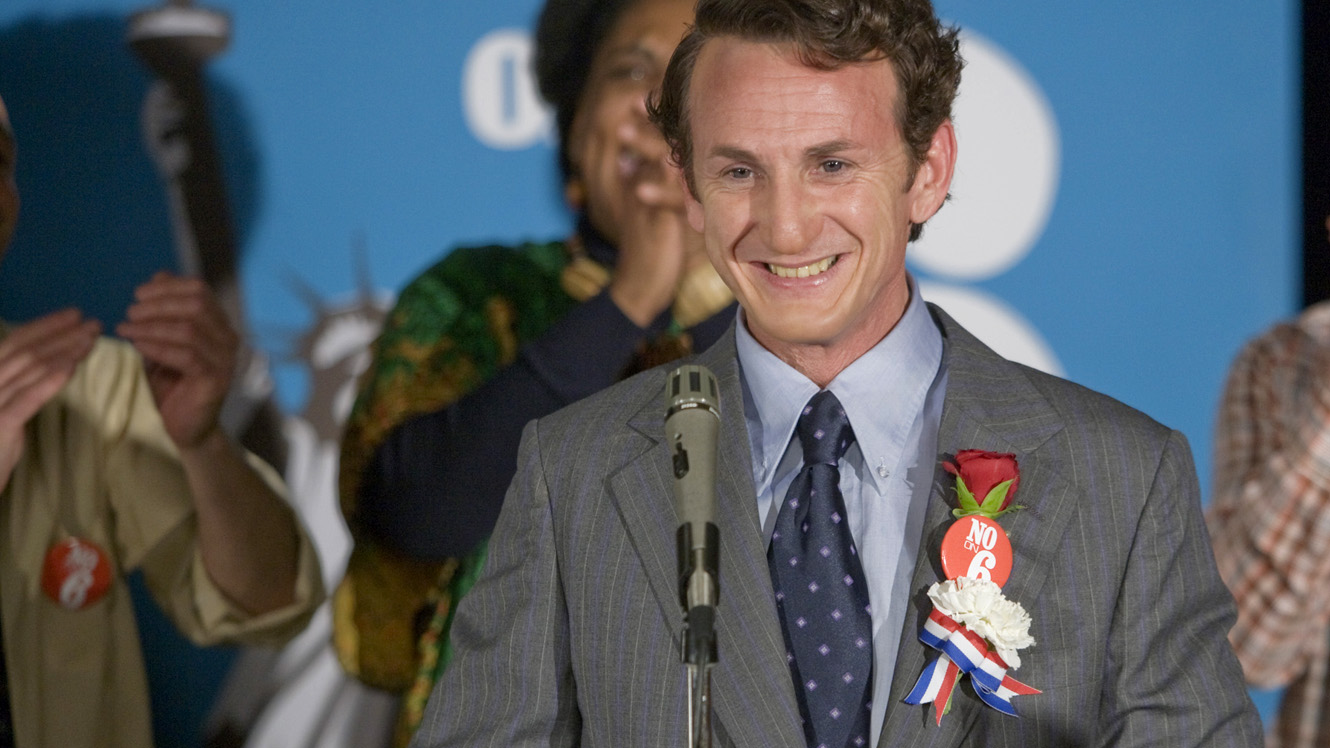
Leveed by incredible work by Sean Penn and James Franco, the review of recent history laid out in Milk is not only inspiring but also essential as we come to understand the current state of civil rights in our country.
Encapsulating the optimism and struggle that goes in grassroots political movements like the one to get Harvey Milk into California public office, Milk’s script is brave enough to stir its audience emotionally just as much as it informs.
While In Bruges surely merited a win for being such an exceptional debut, Martin McDonough’s new film 3 Billboards Outside Ebbing, Missouri seems to already be a lock for a Best Original Screenplay nomination in 2018, if not a win.
11. Gosford Park
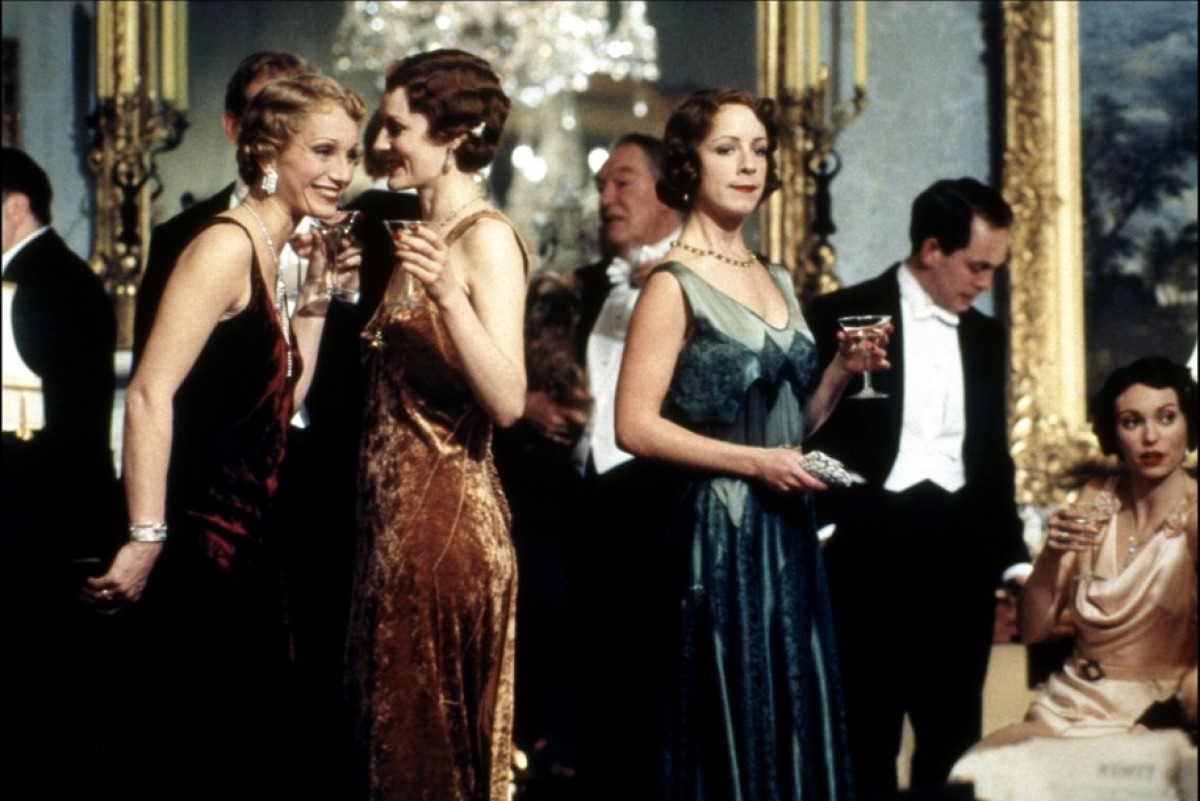
The actor, novelist and writer-director Julian Fellowes made a noble directorial debut with Gosford Park, which is based solely on an idea pitched by Bob Balaban, one in an enormous cast of mostly well-known British talents. Fellowes even helps Balaban tease the audience with a tear in the fourth wall, as his character is a producer attempting to put together a film with the same premise being played out onscreen.
With such a wealth of characters, the actual narrative thrust of Gosford Park in first gear and leaves you with plenty of chances to relish the subtext within the peculiar individual relations and try to keep a few names straight. The film is so stripped of plot that it would probably fit better on the page, like a web of entangled Jane Austen parlor characters trapped in an Agatha Christie mystery. But when you have Britain’s elite thespians handling such satirical, posh characters and densely thoughtful material, it’s hard not to be entertained by the film’s spectacle of conducting and sifting through a vast ensemble.
As a thriller it may be less than jolting – and the sheer number of characters is enough of a challenge for the mind that subtitles are somewhat necessary – but the classicalism caught in Fellowes film is nonetheless a treat to savor.
10. Almost Famous
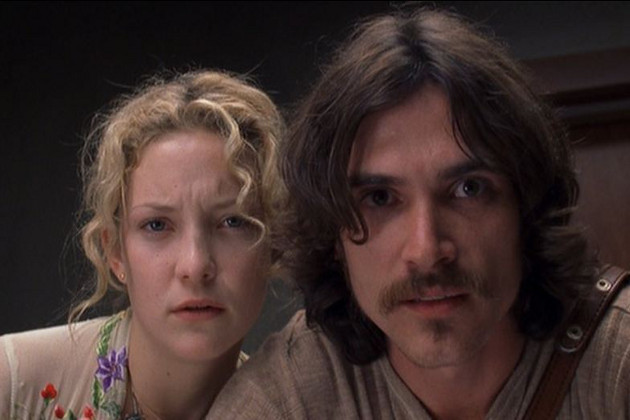
Cameron Crowe’s most affectionate and endearing of his rosy-cheeked repertoire stands just above Jerry Maguire as his strongest accomplishment to date.
Potency in profundity, laughs, pathos and cultural commentary propel Crowe’s film as a piece of autobiography and an engaging, well-constructed story. The impressively elaborate cast renders the writer-director’s heartfelt screenplay exceptionally cinematic.
Elevated beyond Crowe’s trademark sentiment, Almost Famous’ box office bombing is rather fitting as its cult reputation has only broadened over time. One of the defining non-musical films about music, Almost Famous encases the thrill of fandom and the empty vanity of stardom and does so through agreeable, enlightening dialogue.